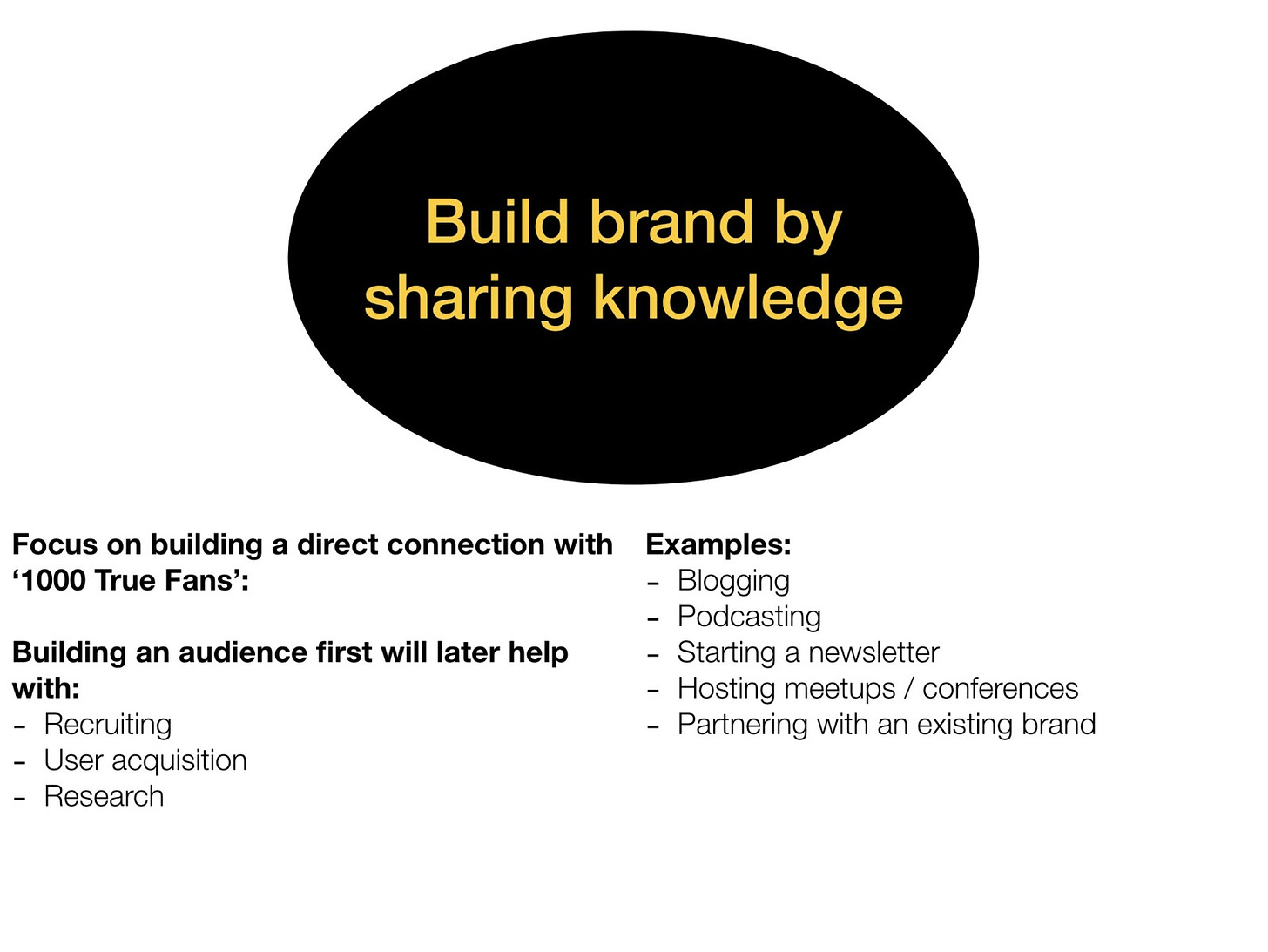

Though startups have much higher job risk than a larger company, they reward you with greatly diminished career risk. Notice I said “career risk”, not “ job risk” Job Risk: the chance your job will no longer exist Career Risk: the chance your long-term career will be negatively affected So this is why in many important tech circles, there’s typically lower career risk in starting a company than joining a company. Silicon Valley respects the person in the arena. If the Juicero founder went out for his next company, I’d bet he’d raise some money too. Take Clinkle as an example–employees left the company almost triumphantly, posting their resignations to social media, and yet the founder still raised money for his next thing. If it’s a particularly high profile failure, some people will criticize the founder for raising money and failing, but builders and investors will respect them for trying. So any success achieved before the failure is remarkable.Īnd it is indeed likely the company will fail. I’m impressed with how much they achieved (before they failed).”įailure is the norm, after all. Silicon Valley is very charitable in that way: Instead of saying “Wow that founder failed I will never work with him”, more often than not, they say “Founding a company is hard. When the company has any sort of success, the founder gets disproportionate credit and publicity, and this recognition also stays with the founder in their next endeavor, even when it’s a failure. When employees speak about the company they repeat the founding story, which becomes something of an urban legend. If the company implodes, these networks stay with the founder in their next endeavor.īrand is a bit trickier, but I think of it like this: companies are effectively quasi-religions and founders are effectively quasi-religious leaders. How? External facing founders are, in some sense, building their network all day, chatting with investors, hires, and more-and employees are basically building the founder’s network and credibility by proxy. On the contrary: In my opinion, starting a company is usually a better way to build your network and your brand relative to joining a company, in addition to having disproportionate financial upside. Sure, there may be less financial risk in starting a company, but I don’t buy the corollary risk typically associated with founding a company-that if we fail, we will be viewed as a failure and thus unemployable. We’re also told to work at a startup first because it’s less risky.
Erik torenberg product hunt how to#
But ultimately, working at Series A company teaches you how to work at a Series A company-or, more charitably, what a well-run company looks like from the inside.īut founding a company is about getting it from 0-1. Not that you won’t get that and more working at a Series A company.

You build your network, brand, and skills and can then start a company, the logic goes. We are told that it’s better to join a Series A company first, because that will be better training for starting a company than.starting a company. That has real currency in the tech community. On the contrary, in some circles, it’s a badge of honor that you carry for the rest of your life-You’ve been in the arena. Starting a company is less risky than you think.įailing at a startup isn’t blemish on your resume.

Make sure you subscribe to keep up with new posts!

This was the first of many posts I'll be sharing both here on LinkedIn, and on my Substack. I've been posting on Twitter for quite some time and recently started a Substack for some more long-form pieces.


 0 kommentar(er)
0 kommentar(er)
